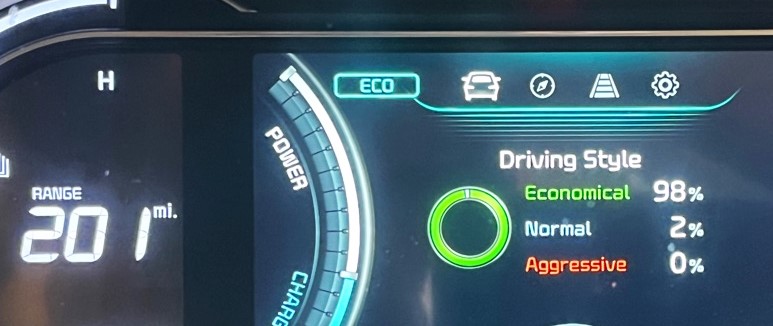
State Clean Cars Programs
An Effective Way to Slash Global Warming Pollution
While the Bush administration and federal policymakers continue to resist efforts to reduce global warming pollution, many states are taking dramatic, effective actions to address the threat—including the adoption of the “Clean Cars Program” which sets limits on global warming pollution from cars, light trucks and SUVs. The 10 states that have adopted the Clean Cars Program will cut global warming pollution from cars, light trucks and SUVs by 64 million metric tons per year in 2020, while saving consumers money and reducing the nation’s reliance on oil
Downloads
Shrinking glaciers, rising global temperatures, increasingly severe storms, and alarming scientific predictions have led to increasing public concern about the impacts of global warming on the environment, health and society. But while the Bush administration and federal policymakers continue to resist efforts to reduce global warming pollution, many states are taking dramatic, effective actions to address the threat – including the adoption of the “Clean Cars Program” which sets limits on global warming pollution from cars, light trucks and SUVs.
The 10 states that have adopted the Clean Cars Program will cut global warming pollution from cars, light trucks and SUVs by 64 million metric tons per year in 2020, while saving consumers money and reducing the nation’s reliance on oil.
The reduction in global warming pollution that will result from the new standards is significant on a global scale, equivalent to the national annual emissions from all but 47 of the world’s countries. Put another way, by 2020 the Clean Cars Program will eliminate as much carbon dioxide annually as is produced by 17 coal-fired power plants generating enough power for more than 6 million homes.
At the same time, the standards could reduce gasoline consumption by as much as 7.2 billion gallons per year in 2020 – nearly as much as is consumed by all the vehicles in Florida in a year – and save consumers up to $16.7 billion annually at the pump in 2020.
Topics
Authors
Elizabeth Ridlington
Associate Director and Senior Policy Analyst, Frontier Group
Elizabeth Ridlington is associate director and senior policy analyst with Frontier Group. She focuses primarily on global warming, toxics, health care and clean vehicles, and has written dozens of reports on these and other subjects. Elizabeth graduated with honors from Harvard with a degree in government. She joined Frontier Group in 2002. She lives in Northern California with her son.
Rob Sargent
Find Out More

Five key takeaways from the 5th National Climate Assessment

Carbon dioxide removal: The right thing at the wrong time?

Fact file: Computing is using more energy than ever.

